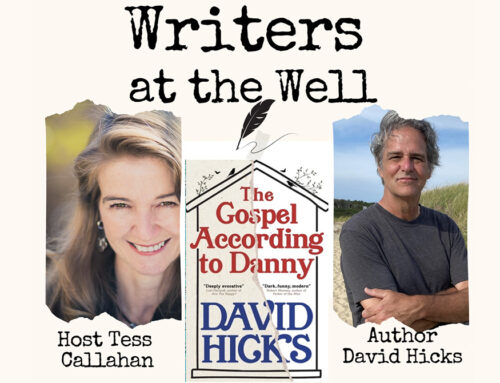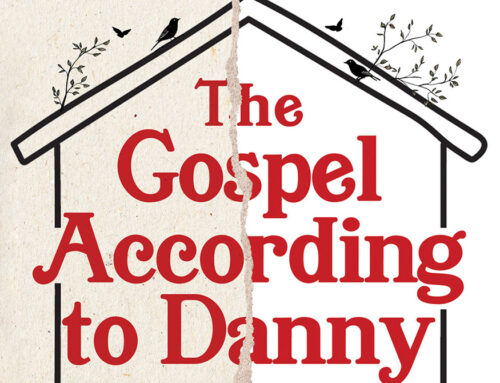An Interview by Margaret Cate

David was recently interviewed by the talented writer Margaret Cate.
As an English professor, you’ve been teaching literature for many years. What was the catalyst that prompted you to begin writing your own stories?
Well, I’d been teaching at the college level since I was twenty-two years old, and my PhD is in American literature, so for a long time I gave papers at academic conferences and published academic writing; but I always wanted to be a writer. The catalyst for my big switch was the same catalyst for all the big changes in my life: I got a divorce, quit my job, and moved to Colorado. Every single aspect of my life changed then, including what I pursued as intellectual labor. Also, for my first two years in the West, I lived with a writer, so I had a firsthand look at what the writing life was like, and I admired it. I began writing then–short stories. A few years later, in 2001, I was fortunate to find work at Regis University in Denver, a school that actually values creative work in addition to academic scholarship. (At most universities, creative work doesn’t count toward tenure or promotion.) So now I have the good fortune of working at a school that doesn’t just tolerate, but actually values, my creative work. That helps a lot. In other words, I don’t have to “sneak in” my creative writing; instead, it’s what I do, and my colleagues respect it.
How does teaching literature help to inform or improve your own writing process?Oddly enough, I’ve never been asked that question. I think it both informs and improves my writing, both on a conscious and unconscious level. The act of reading–especially, I’d say, reading literary fiction–has no doubt embedded many stylistic, structural, and linguistic “templates” in my brain, and that has probably helped me to be a good writer. And teaching literature means I’m constantly reading and re-reading great works, so all those templates are constantly being reinforced and improved. And when I read, I quite consciously “read as a writer,” noting not just the what but the how of the work I’m reading. So I’m not only thinking thematically, as a professor does–or structurally, linguistically, generically, symbolically–but my writer self is thinking, Damn, my eyes just welled up–how did she do that? and I’ll go back through the passage and try to learn from it. So what this means is that I can re-read a canonical work like Moby-Dick (which I just did, a few weeks ago) and mark passages I want to be sure to go over in class, because they speak to a particular theme or represent a particular stylistic move I want the students to learn, and at the same time know that it’s good for me as a writer because I’m (unconsciously) hard-wiring some of that gorgeous style in my brain and I might (consciously) mimic something of that style, or that theme, in my own work-in-progress.



